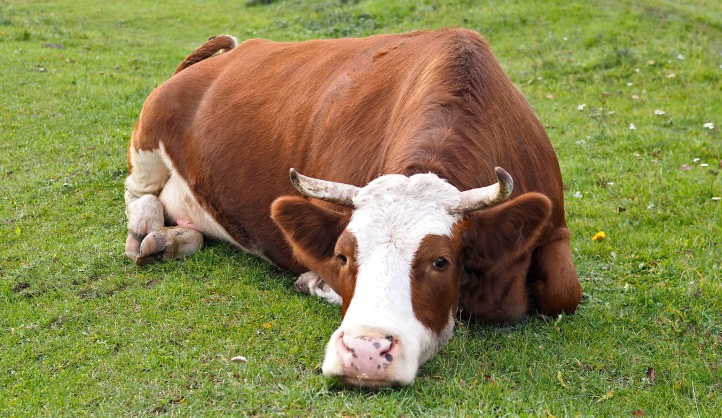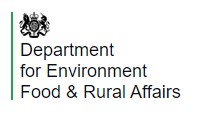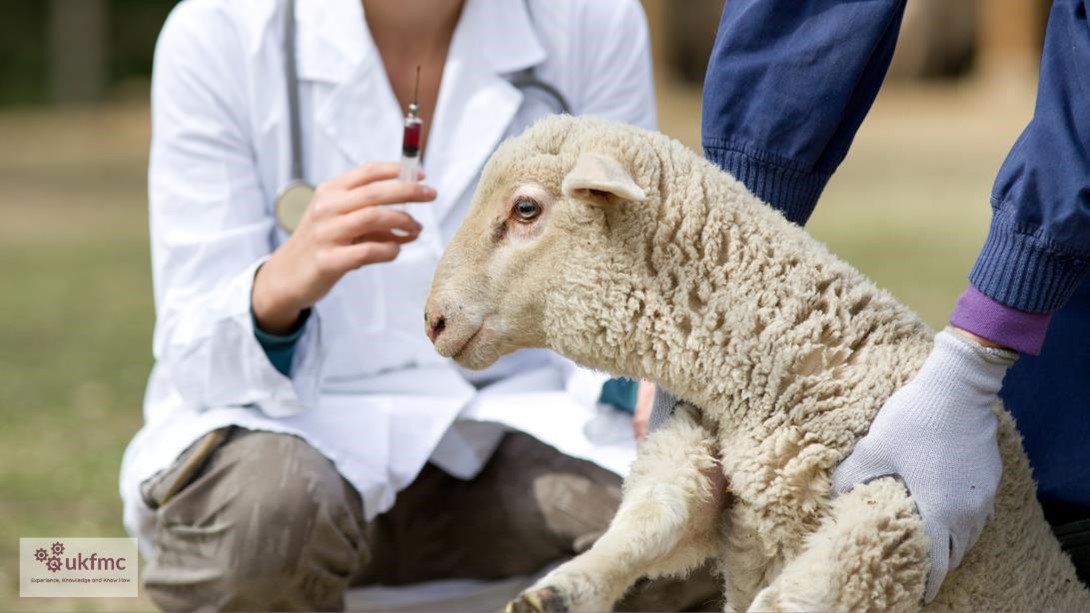What Are Notifiable Diseases in Animals
‘Notifiable’ diseases are animal diseases that you’re legally obliged to report to the Animal and Plant Health Agency (APHA), even if you only suspect that an animal may be affected.
Notifiable diseases can be:
- endemic – already present in the UK, such as bovine TB
- exotic – not normally present in the UK, such as foot and mouth disease
Some endemic and exotic diseases are zoonotic which means they can pass between animals and humans, such as rabies.
The Importance of Prevention
Notifiable diseases in animals can have devastating consequences for animal health, public health, and the economy. The prevention of these diseases is crucial to safeguard the health and welfare of animals and people. In the United Kingdom, farmers, veterinary practices, and other stakeholders play a vital role in preventing the spread of notifiable diseases through effective biosecurity measures.
Biosecurity Measures
Biosecurity measures are practices and procedures that aim to prevent the introduction and spread of infectious diseases. These measures can be simple and inexpensive but can have a significant impact on preventing the spread of notifiable diseases. Here are some ways to prevent notifiable diseases in animals in the United Kingdom:
Vaccination:
Vaccination is one of the most effective ways to prevent the spread of notifiable diseases in animals. Farmers and livestock keepers should work closely with their veterinarian to develop a vaccination plan for their animals.
Quarantine:
Quarantine is the practice of separating new or returning animals from the rest of the herd or flock for a period of time to prevent the introduction of disease. This can be especially important for animals that have been bought from outside the farm.
Biosecurity measures:
Implementing biosecurity measures on the farm can help prevent the spread of notifiable diseases. Measures such as cleaning and disinfecting equipment, vehicles, and clothing, controlling access to the farm, and preventing contact between animals from different groups can be effective in preventing disease spread.
Reporting:
Early detection and reporting of suspected cases of notifiable diseases are critical in preventing their spread. Farmers and livestock keepers should report any signs of disease to their veterinarian or the Animal and Plant Health Agency (APHA) immediately.
Education:
Education and training on the prevention and control of notifiable diseases are essential for farmers, veterinary practices, and other stakeholders. Farmers and livestock keepers should be aware of the signs of notifiable diseases and the steps they can take to prevent their spread.
In conclusion, the prevention of notifiable diseases in animals is critical for protecting animal and human health. Farmers, veterinary practices, and other stakeholders play a vital role in preventing the spread of notifiable diseases through effective biosecurity measures. By implementing these measures and working together, we can prevent the introduction and spread of notifiable diseases in animals in the United Kingdom.

References:
- Animal and Plant Health Agency. (n.d.). Biosecurity on farms. Retrieved from https://www.gov.uk/government/publications/biosecurity-on-farms/biosecurity-advice-for-livestock-keepers
- National Farmers’ Union. (n.d.). Biosecurity. Retrieved from https://www.nfuonline.com/sectors/animal-health-welfare/biosecurity/
- UK Government. (2020). Animal health and welfare. Retrieved from https://www.gov.uk/topic/animal-health-welfare
- UKFMC Waste Management Services: https://www.ukfmc.co.uk/
Hazardous waste disposal, including animal by-products is a specialist field, in which UKFMC possesses a wealth of knowledge and experience, consequently we are fully compliant with all relevant legislation; in addition we can offer support and advice on completing all necessary documents and paperwork relating to the transport and disposal of your waste.
This information is licensed under the Open Government Licence v3.0. except where otherwise stated.







